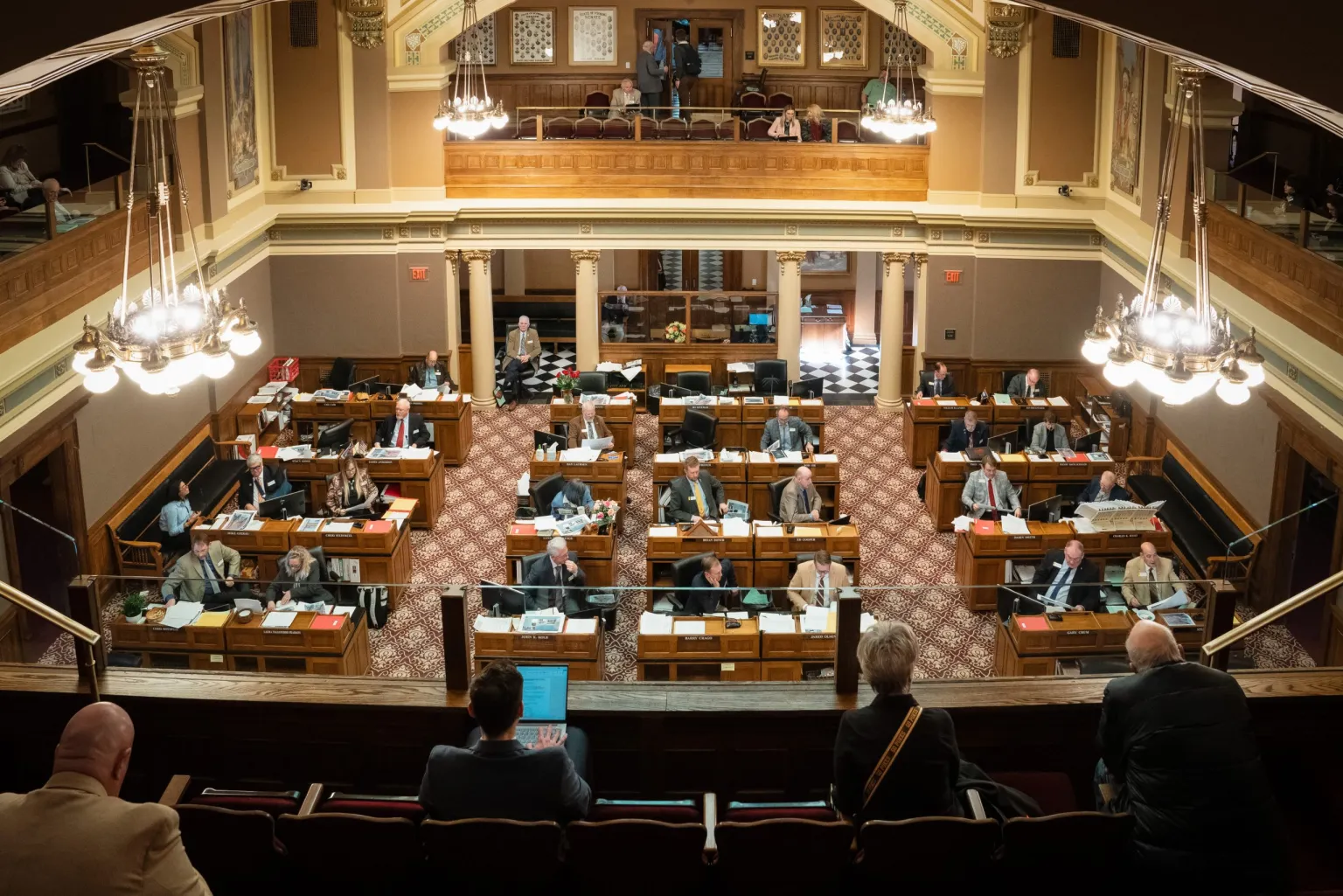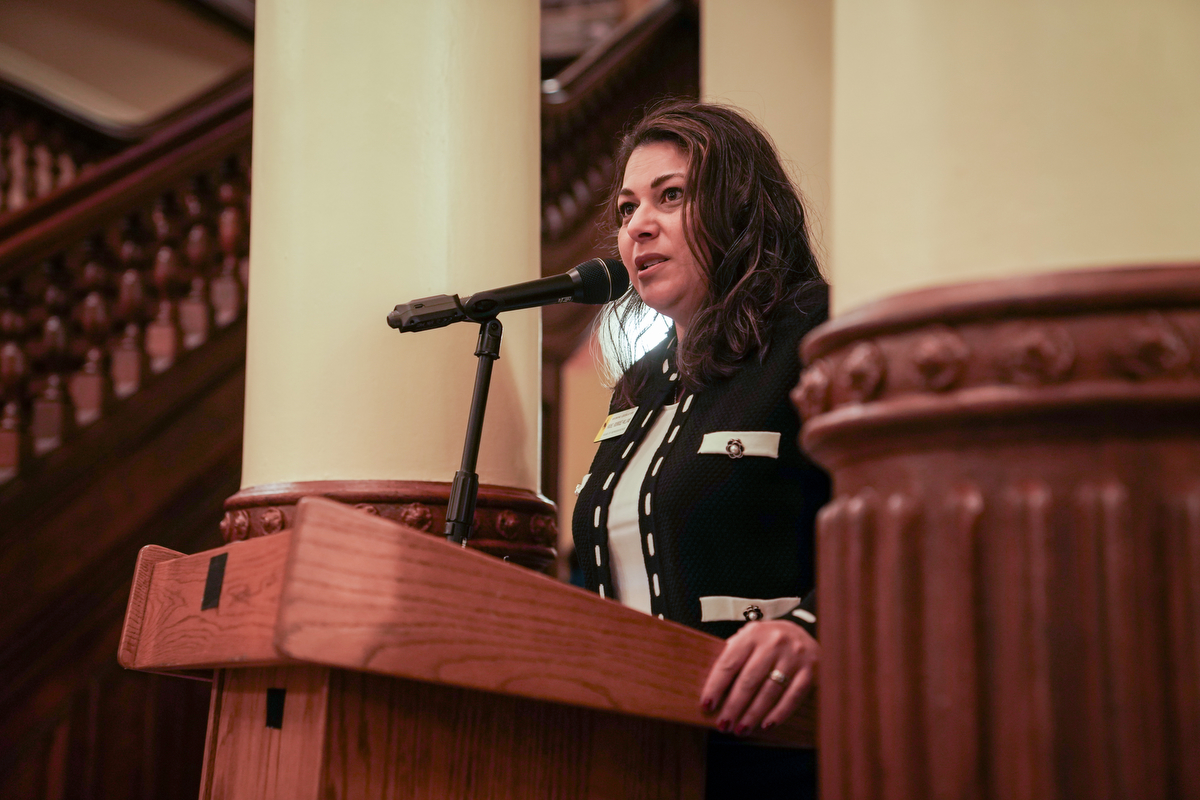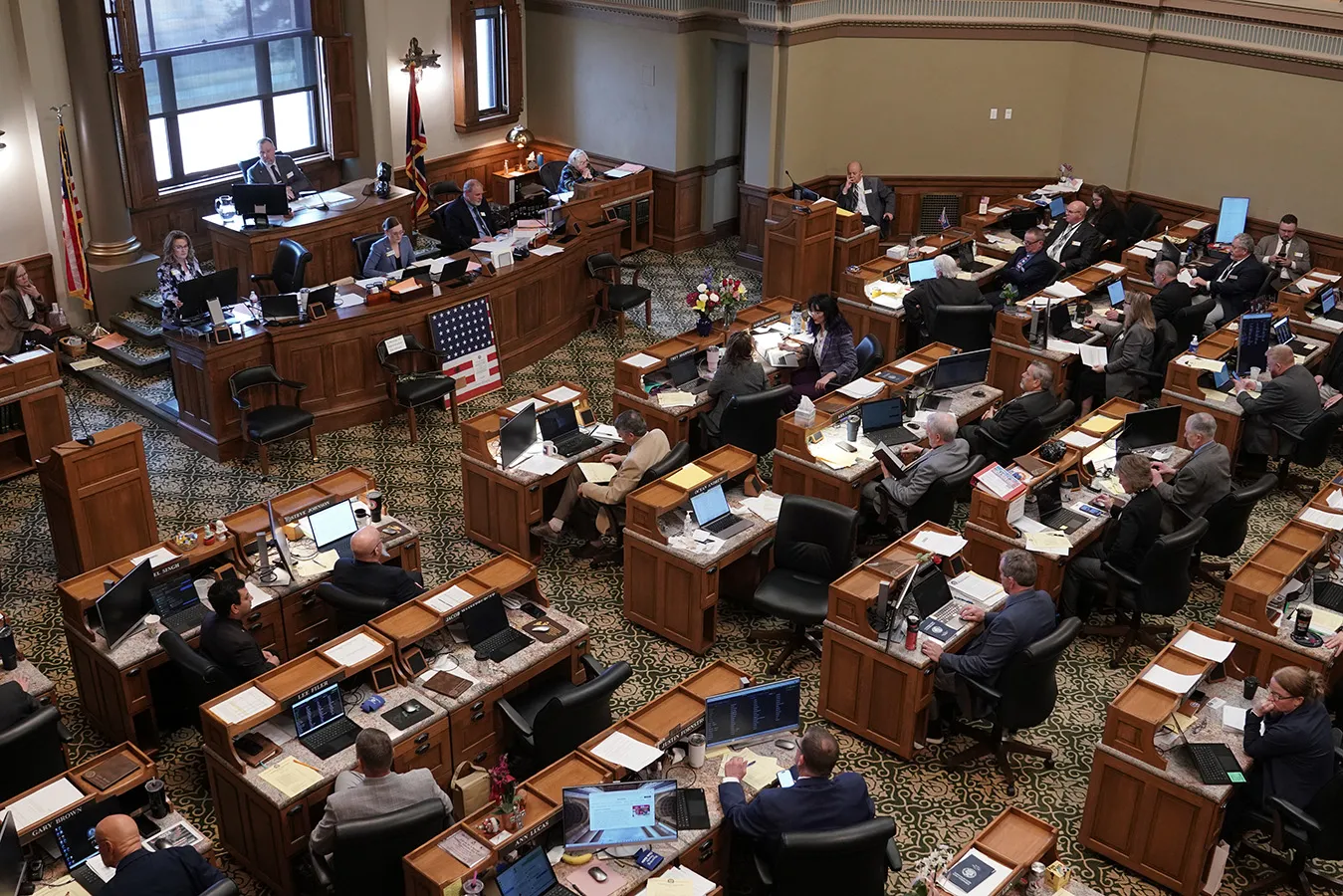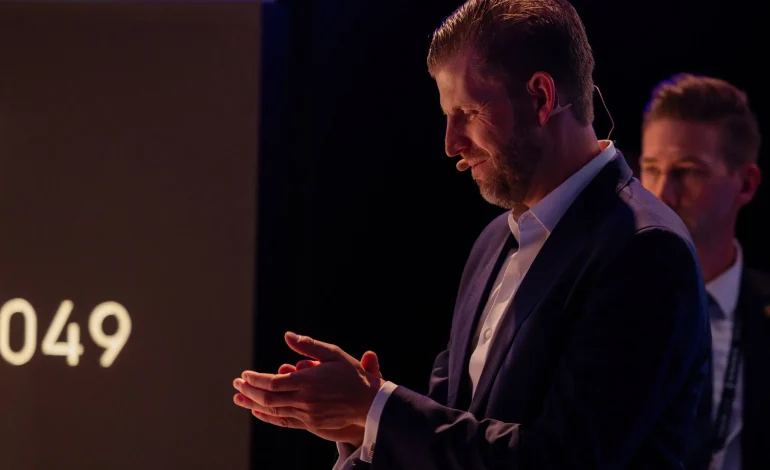An unusual contest offering a private dinner with President Donald Trump and a White House tour to top holders of the Trump family’s cryptocurrency has sparked a wide-ranging debate about financial ethics, foreign influence, and the future of crypto regulation in the United States.
Announced in April and concluding on Monday, the promotion has drawn global attention to the Trump-branded digital token, $TRUMP — a meme coin introduced shortly before the president’s January inauguration. According to the official contest website, the top 220 holders of the token, ranked by “time-weighted” value since April 23, will be invited to a gala dinner with the president on May 22. The top 25 holders are set to receive VIP access and a White House tour, with additional gifts for the top four.
The event has sharply boosted the token’s visibility and market activity. Data from crypto analytics firms indicate that over $160 million worth of $TRUMP tokens were held by the top 220 contest participants as of Friday. The coin’s value surged shortly after the dinner was announced but remains volatile — trading near $14 as of Sunday, down from its high of $75 earlier this year.
While the event has generated significant enthusiasm among some crypto investors, it has also drawn bipartisan criticism, with lawmakers, ethics experts, and industry executives raising concerns over its implications.
Critics argue that the structure of the auction may allow foreign individuals — who are prohibited from donating to US political campaigns — to obtain access to a sitting US president through financial transactions outside campaign finance laws. Blockchain data reveals that many of the top investors in $TRUMP tokens operate through overseas platforms, and several have been identified as based in countries like Singapore, Australia, and Mexico.
“This arrangement presents serious ethical questions,” said Senator Richard Blumenthal of Connecticut, who has launched an inquiry into whether the venture violates government ethics rules. “There are virtually no safeguards to prevent foreign actors from using this system to buy influence.”
The Trump family has reaped significant profits from the coin’s activity. According to crypto analysis firm Chainalysis, the family and its partners have earned more than $320 million in transaction fees since January, with over $1.35 million of that revenue generated since the dinner contest began. A business entity linked to the Trump family reportedly holds about 800 million $TRUMP tokens — an amount that, on paper, has increased in value by more than $4 billion since April.
Despite the backlash, the White House has defended the initiative. A spokesperson called the dinner a “private event” that does not involve official government business, and Deputy Press Secretary Anna Kelly reiterated that the president’s assets are in a trust managed by his children.
“There are no conflicts of interest,” she said in a statement.
The Trump Organization did not respond to requests for comment. However, public records show the dismissal of the family’s ethics adviser, attorney William Burck, shortly after the dinner contest was announced. A replacement has not been named.
While some investors have joined the contest to meet the president or promote policy agendas, others appear to have treated it purely as a speculative opportunity. Trading records reveal that several early entrants quickly sold their holdings for substantial profits, including one wallet that netted over $400,000 in a week.
Still, participation has been costly for many. Blockchain data shows that roughly 600,000 wallets have lost a combined $3.87 billion since the coin’s launch, much of it due to sharp price declines following brief spikes in value.
Amid growing scrutiny, lawmakers from both parties are proposing legislation to limit the ability of public officials to financially benefit from crypto ventures. Senator John Kennedy (R-La.) said he supports a blanket ban on such activities. Meanwhile, several Democratic lawmakers, including Senators Chris Murphy and Jeff Merkley, have introduced bills aimed at tightening disclosure and profit restrictions for federal officeholders engaged in digital assets.
The Securities and Exchange Commission and the Department of Justice have not formally commented on the $TRUMP contest. While previous administrations may have investigated such ventures under federal securities laws, analysts note that current enforcement priorities have shifted, and crypto oversight has been scaled back.
As the contest draws to a close, speculation continues over how it may influence future political fundraising and regulatory dynamics.
“This may be the first time cryptocurrency has offered a direct line to a sitting US president,” said Cherry Hsu, an executive at a top-ranked crypto firm participating in the contest. “Whether that’s good or bad will depend on how the government responds.”
The New York Times and Reuters contributed to this report.










The latest news in your social feeds
Subscribe to our social media platforms to stay tuned